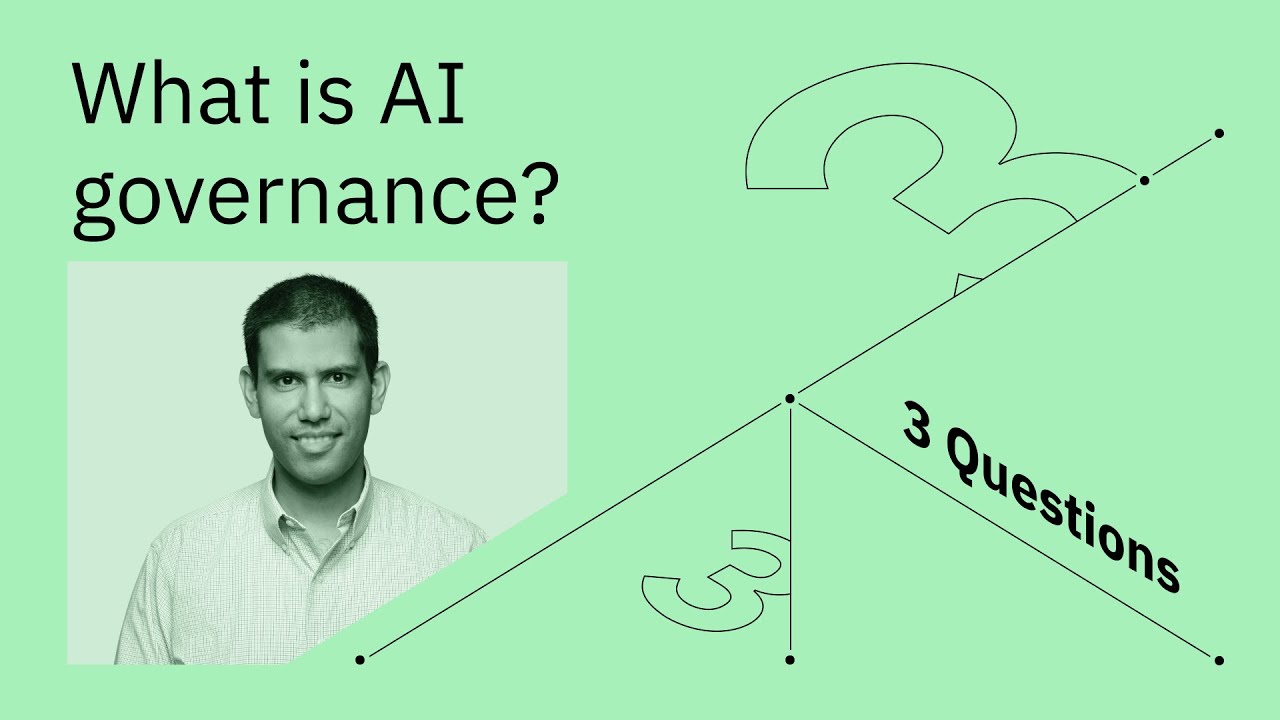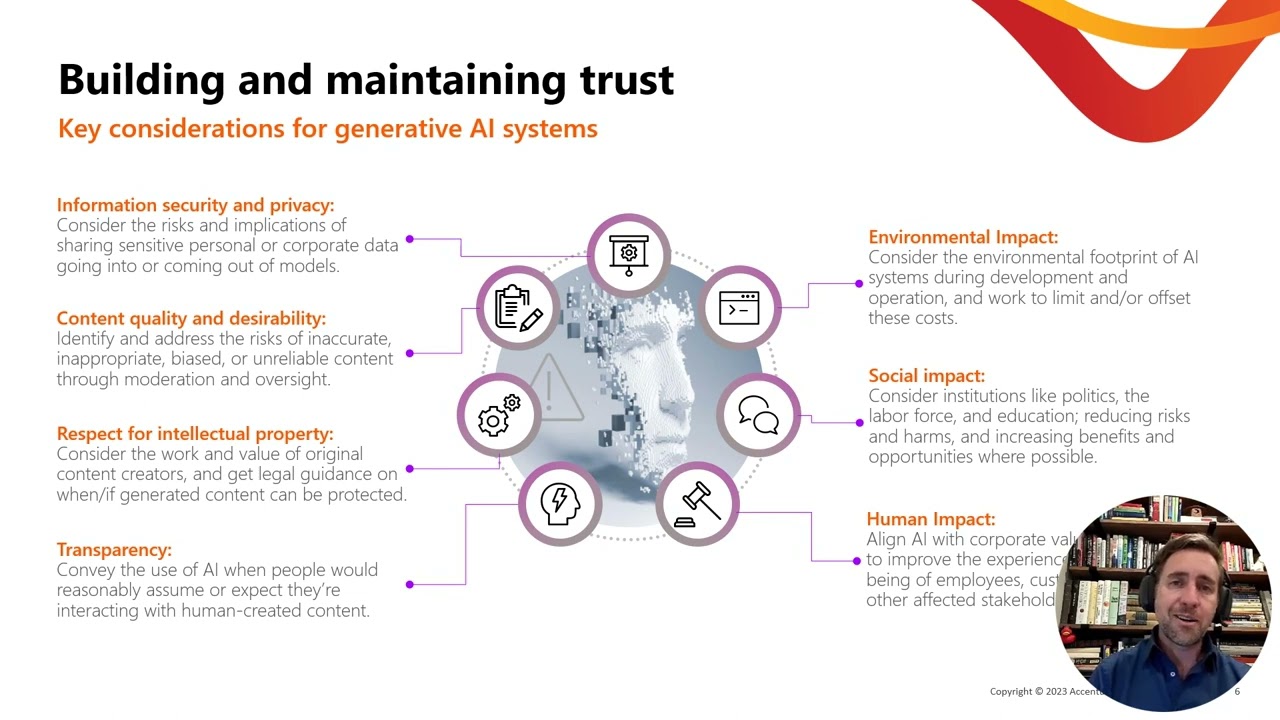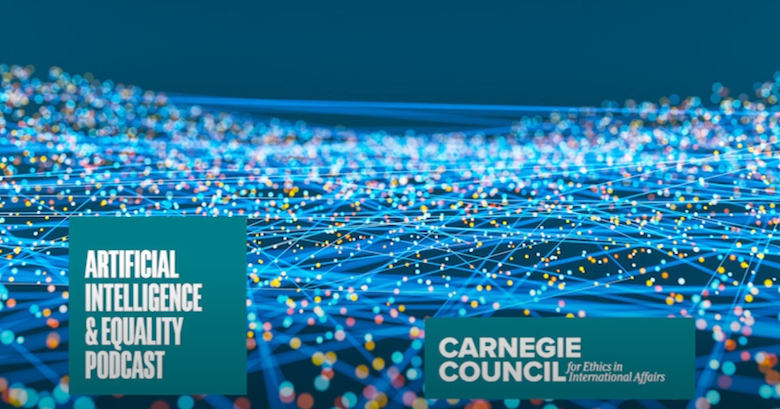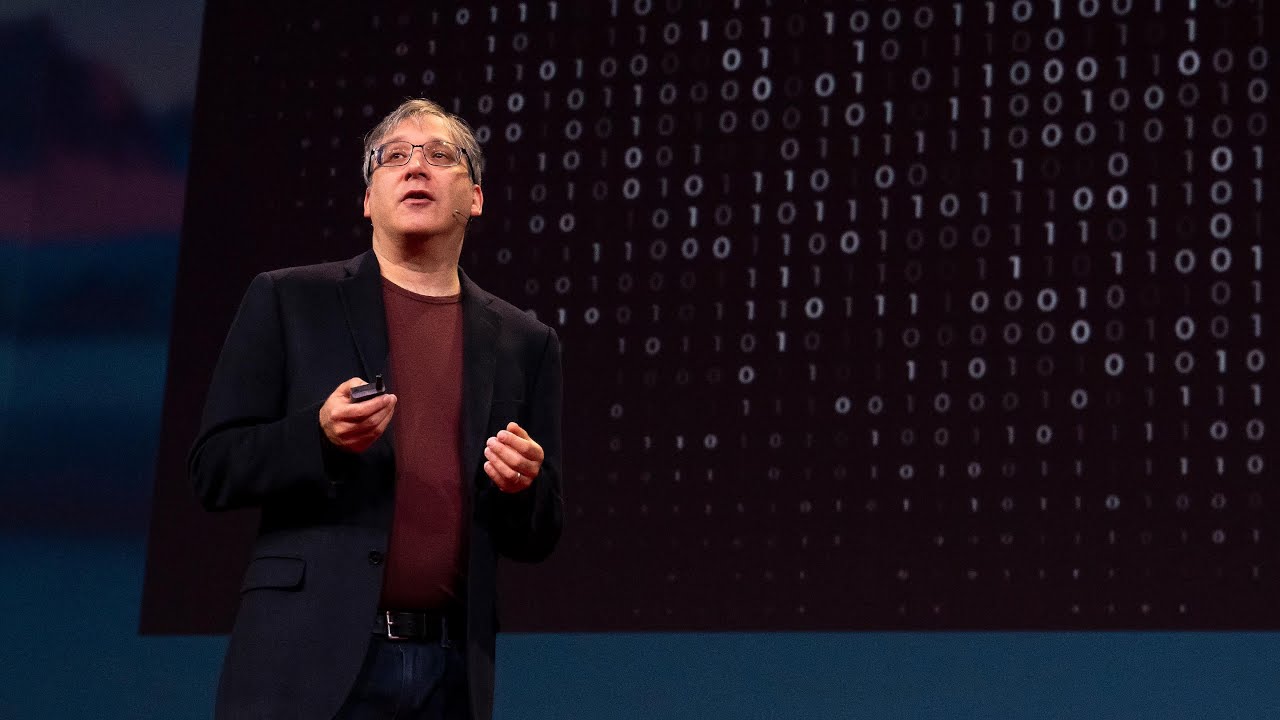Why should you watch this video?
Bill Gates discusses the critical need for government involvement in AI regulation, emphasizing that halting AI development could disadvantage “the good guys” and undermine progress in beneficial applications.
Key Points:
- Bill Gates highlights the urgency for government readiness in AI regulation, expressing concerns over potential misuse by “bad actors.”
- Despite the risks, Gates opposes pausing AI development, arguing it would only hinder ethical innovators without stopping malicious use.
- Gates underlines the necessity for critical thinking among individuals to discern AI-generated fakes, stressing the role of education in fostering a discerning society.
- The interview delves into the challenges of rapid AI advancement outpacing government regulation, highlighting the complexity of establishing effective governance.
- Gates also shares insights on his commitment to nuclear energy as a climate solution, addressing safety, cost, and waste disposal concerns.
Broader Context
Bill Gates’ perspective brings to light the intricate balance between fostering AI innovation and ensuring safety and ethics. His emphasis on not pausing AI development and the need for government involvement in regulation reflects a broader conversation on harnessing AI’s benefits while mitigating risks. Additionally, Gates’ commitment to nuclear energy underscores his broader vision for technology-driven solutions to global challenges, including climate change.
Q&A
-
Why does Bill Gates believe the government isn’t ready to regulate AI?
- Gates feels that the complexity of AI and its rapid development outpace the current government capacity to understand and regulate the technology effectively.
- Gates feels that the complexity of AI and its rapid development outpace the current government capacity to understand and regulate the technology effectively.
-
What is Gates’ stance on pausing AI development?
- Gates is against pausing AI development, believing that it would disadvantage ethical developers and not effectively stop misuse by malicious actors.
- Gates is against pausing AI development, believing that it would disadvantage ethical developers and not effectively stop misuse by malicious actors.
-
How does Gates suggest society addresses AI-generated fakes?
- He suggests that society must cultivate critical thinking skills, enabling individuals to question and verify the authenticity of AI-generated content.
- He suggests that society must cultivate critical thinking skills, enabling individuals to question and verify the authenticity of AI-generated content.
-
What are the challenges in regulating AI, according to Gates?
- The primary challenge lies in the government’s slower pace compared to rapid technological advancements, necessitating a catch-up in understanding AI nuances for effective policy-making.
- The primary challenge lies in the government’s slower pace compared to rapid technological advancements, necessitating a catch-up in understanding AI nuances for effective policy-making.
Deep Dive
This section would explore Gates’ dual focus on promoting AI for good while addressing the imperative for regulation, examining the potential paths to creating a regulatory framework that supports innovation while protecting society. It would also discuss the role of education in preparing society to critically assess AI outputs and the implications of AI governance on global technological leadership.
Future Scenarios and Predictions
Speculate on the evolution of AI regulation, considering Gates’ insights on the necessity for government involvement and the challenges of keeping pace with technology. Predictions might include the development of new regulatory bodies, increased collaboration between tech leaders and policymakers, and a shift towards more proactive and informed governance models.
Inspiration Sparks
Encourage viewers to engage with the conversation on AI regulation and innovation, pondering how individuals and society can contribute to a balanced approach to AI development. Suggest ways to participate in educational initiatives to foster critical thinking and digital literacy, aiming to build a future where AI enhances global welfare responsibly.





